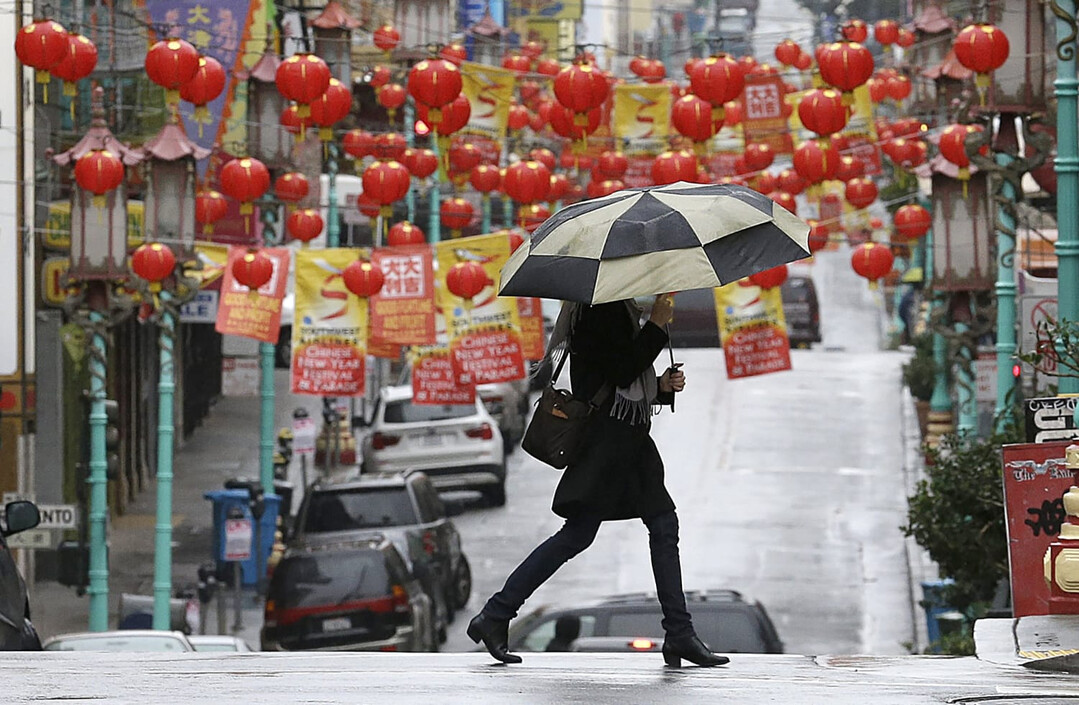
TOKYO – Japan is experiencing a significant demographic shift as the number of Chinese residents surges, driven by relaxed visa requirements and a growing middle class seeking new opportunities. The influx is leading to the emergence of vibrant Chinatowns and altering the cultural and social landscape of various Japanese cities.
According to a report by the Nihon Keizai Shimbun, the current Chinese population in Japan stands at 840,000. Notably, the number of Chinese individuals holding permanent residency has reached 330,000, surpassing any other nationality. This figure has increased by approximately 100,000 since 2016, and the trend shows no signs of slowing.
Chinese residents are now present in 92% of Japan's 1,741 municipalities, with 128 of those municipalities hosting over 1,000 Chinese individuals, primarily concentrated near Tokyo. As of June 2024, about 240,000 Chinese residents, or 30% of the total, live within Tokyo’s 23 wards, particularly in areas like Takadanobaba and Okubo, between Ikebukuro and Shinjuku.
Beyond urban centers, Chinese residents are also establishing communities in rural areas. In Shimukappu, Hokkaido, they comprise 5% of the local population, drawn by the region’s ski resorts. Similarly, a significant number have settled in Kawakami, Nagano, a major lettuce-producing region.
The burgeoning Chinese population has sparked the creation of new Chinatowns. In Ikebukuro, a vibrant Chinese community has emerged around the north exit of the station, featuring authentic Chinese restaurants, specialty shops, and mobile phone stores catering to Chinese customers. "It's easy to find someone who can assist with everything from apartment hunting to setting up a smartphone," says a 35-year-old publishing employee who moved to Tokyo three years ago.
In Kawaguchi, Saitama Prefecture, the Shinazono apartment complex, managed by the Urban Renaissance Agency, is now home to a predominantly Chinese population. Approximately half of its 2,454 units are occupied by Chinese residents. The surrounding plaza has transformed into a bustling hub of Chinese-owned businesses, including restaurants, grocery stores, pharmacies, and daycare centers catering to Chinese families.
The Shinazono complex, built during Japan’s rapid economic growth in 1978, has seen its nearby schools close due to declining birth rates among Japanese residents. The influx of Chinese residents has revitalized the area, filling the demographic void.
Wang Yukun, a 39-year-old grocery store employee from Shenyang, Liaoning Province, who moved to Japan in 2019, notes, "I've forgotten most of the Japanese I learned in college, but since two-thirds of my customers are Chinese, I don't need to worry."
This demographic shift underscores the evolving nature of Japanese society, as the country increasingly embraces multiculturalism and adapts to the changing needs of its diverse population.
[Copyright (c) Global Economic Times. All Rights Reserved.]



























